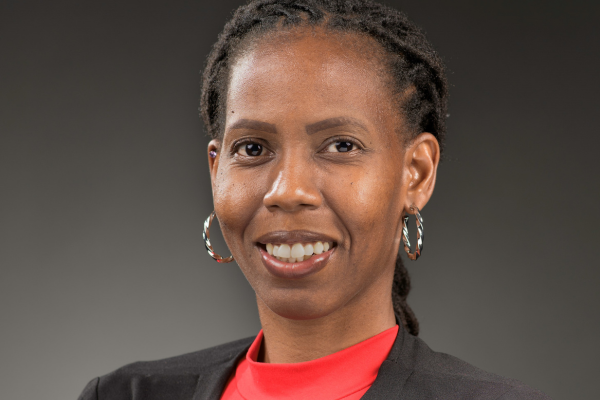Announcing the BRN IGNITE Grant 4.0 recipients

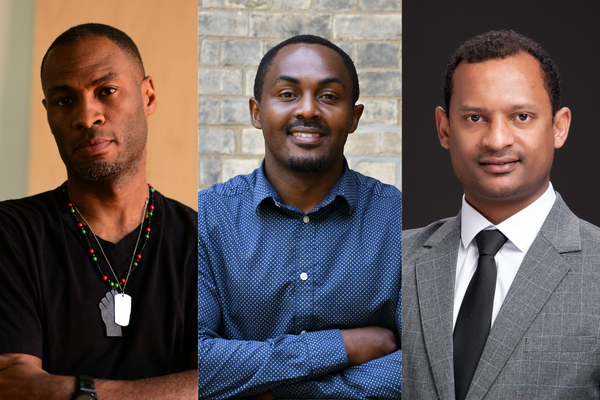
The Black Research Network is pleased to announce the latest recipients of the BRN IGNITE Grant.
This year’s recipients are leading research projects in arts and culture, environment studies and public health. Their focus ranges from redefining archival practices in hip-hop and understanding the history of land dispossession in Kenya to developing AI-powered public health interventions to improve disease surveillance in Ethiopia.
Launched in 2022, the BRN’s IGNITE Grant offers $5,000 to $10,000 annually to support interdisciplinary research and professional development for Black faculty, librarians, post-doctoral scholars, clinical scientists and medical research fellows/residents at the University of Toronto.
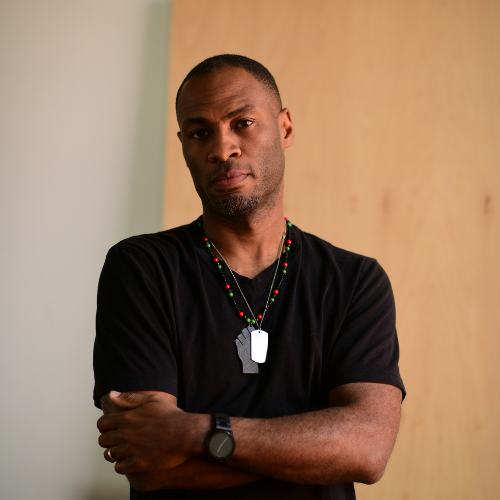
Mark V. Campbell is an associate professor in the department of art, culture and media at U of T Scarborough. His research project, “Polyphonies of Preservation: Black Music Afterlives in Canada” will experiment with the possibilities of exceeding traditional archival practices which have excluded Black Canadian music from historical conversations.
Exploring formal and informal preservation strategies – from institutional libraries to performance and remix – Campbell’s project will expand the idea of what an archive can be.
Through a series of professional development workshops, Campbell’s lab will understand and develop skills in archival sound production and live music recording. The project also aims to produce a catalogue of the rich history of hip-hop radio in Toronto.
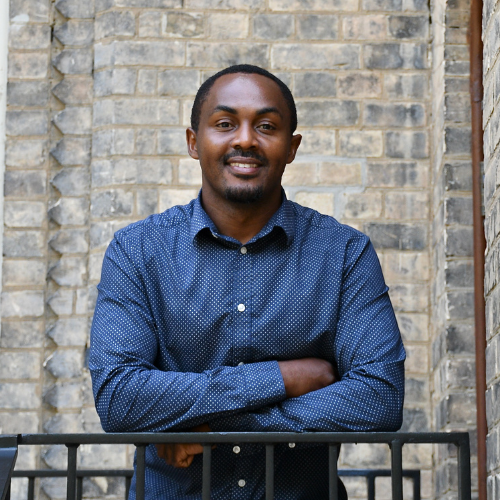
Kariuki Kirigia is an assistant professor at the School of Environment in the Faculty of Arts & Science and African Studies Centre at New College. His project, “Dispossession through documents: Maps, title deeds, land leases, and land registries in Kenya,” is driven by the need to avert the loss of land among the pastoral Maasai of southern Kenya.
Building on previous research in Massailand, this research will further investigate the evolution of dispossession tactics through environmental protection or climate change mitigation efforts, also known as green colonialism.
Kirigia plans to facilitate community workshops with the Maasai of Olderkesi and Loita in Narok County to discuss their experiences. Findings will inform his classes about land governance, biodiversity conservation and environmental justice.
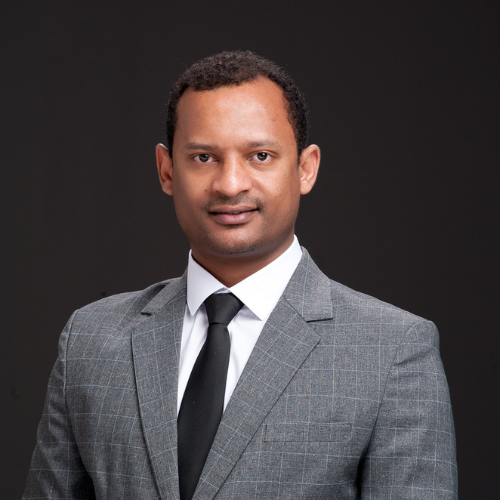
Gelan Zewdie is a postdoctoral researcher at the Dalla Lana School of Public Health. His project, “Artificial Intelligence-Powered Tool Development for Community-Based Disease Surveillance in Low-Resource Settings,” addresses the challenges of tracking disease in remote and underserved areas of the world.
Zewdie aims to develop an AI-powered mobile application specifically tailored to the needs of pastoralist and semi-pastoralist communities in Ethiopia.
The app will be designed to interact with community members in local languages, allowing for efficient disease reporting and information sharing. By enabling timely communication of disease data, the tool will help ensure faster responses to outbreaks and improve the effectiveness of public health interventions.



